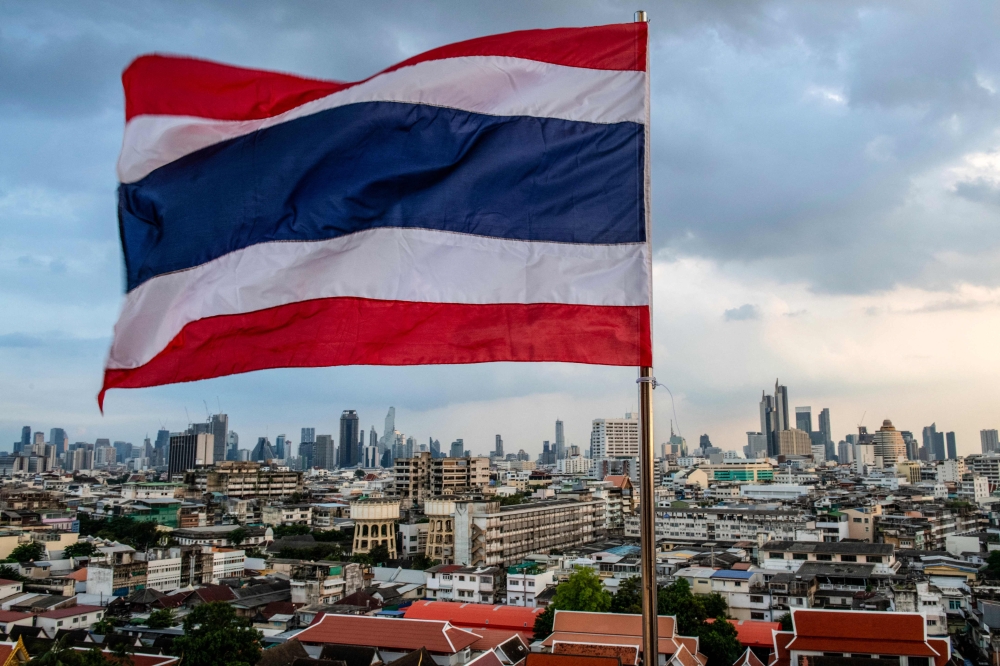BANGKOK, May 21 — A new report by the Mastercard Economics Institute has flagged Thailand’s capital city as a higher-risk destination for tourists compared to others like San Francisco and Dublin, particularly for fraud involving taxis and car rentals.
These two services account for a staggering 48 per cent of all reported fraud cases in the city.
“Once payment is made, the tour may never materialise or may differ entirely from what was advertised,” the Mastercard Economics Institute said in its study on 2025 travel trends released May 15.
The study, which has been widely covered by global outlets including US broadcaster CNBC, paints a troubling picture of the global tourism industry.
It identifies travel-related services such as tour packages and agency bookings as four times more likely to be involved in fraud compared to other sectors.
During peak holiday periods, fraud rates at popular destinations surged by more than 18 per cent in summer hotspots and up to 28 per cent in winter destinations.
David Mann, Mastercard Economics Institute’s chief economist for Asia Pacific, noted that the type of scams tourists face can vary significantly depending on the city.
“In some destinations, you might find that most fraud originates from the travel sector and tour companies, while in other cities, fraud might occur in other businesses, such as food services,” he said.
He cited Los Angeles as an example, where food-related businesses saw the highest fraud incidence.
The Mastercard report also highlighted that hotel booking scams were more common in Phuket, Thailand, and Antalya, Turkiye.
In contrast, cities with the lowest fraud reports include San Francisco in the US; Dublin in Ireland; Seoul, South Korea; Budapest in Hungary; and Edinburgh in Scotland.
Cancun in Mexico, Hanoi in Vietnam, Dhaka in Bangladesh, and Bangkok also saw higher travel-related fraud in comparison to those cities.
The report revealed that taxi and rental-related fraud is far less common in places like Hong Kong and Barcelona, Spain, where such scams accounted for just 2 per cent of reported cases.
But in Jakarta, Indonesia, the figure spikes to 66 per cent, mirroring Bangkok’s own high rate of 48 per cent.
Mastercard’s findings suggest that while travel opens up new experiences, it also opens up opportunities for fraudsters.


